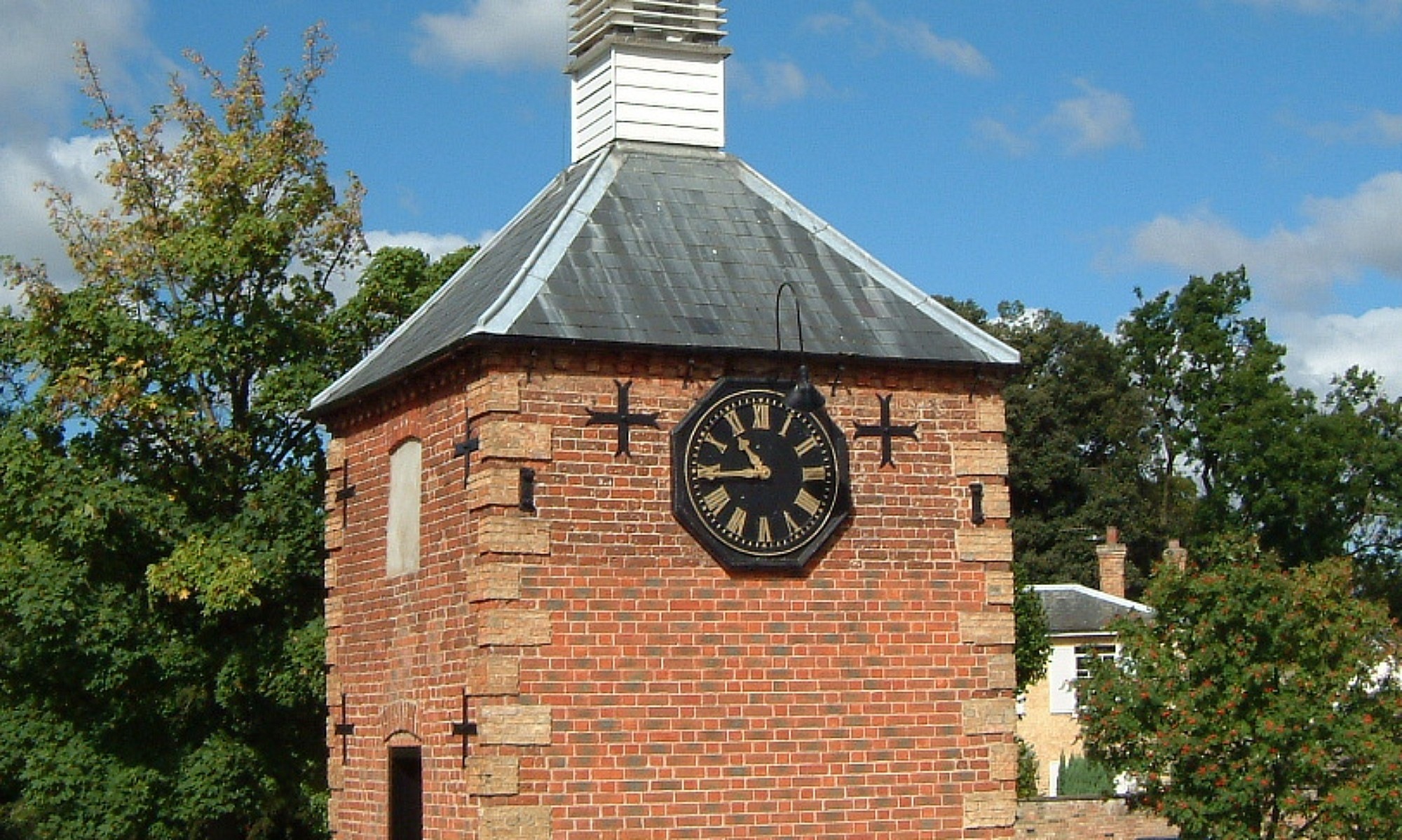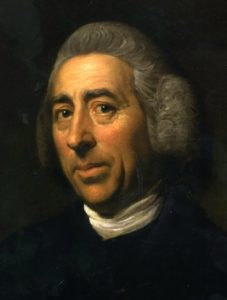(#81 – Compiled for Spectrum February 1992 by Jack Dady)
Each year the Cambridgeshire Community Council runs a Best Kept Village competition sponsored by a commercial firm such as the Prudential Property Services, Calor and so on. Judges are volunteers from the villages who just get their travelling expenses – the contact number for anyone interested is 0223 350666.
Villages of over a thousand and under a thousand inhabitants are classed separately. In Huntingdonshire, in 1991, twenty three villages in the over a thousand class were formed into five groups for the first round of judging.
The top five villages are then split into two groups for a further check from which emerge the semi-finalists (1991, Brampton and Sawtry) and finally Brampton won the trophy.
In the last three years, Fenstanton has come bottom in its group. Why, when there are so many who do voluntary work and do care? Most dog owners only let their dogs loose when in open fields or they scoop up mess from paths; but there are those who let their dogs out after dark especially round the Clock Tower and in the Churchyard.
Private people have planted bulbs on our Greens and one family has taken the care of the Pond Green under its wing. They had just raked it for planting grass seed and a motorist just ran his car over the soft earth.
Twenty per cent of marks are given to “Gardens and areas surrounding private houses including walls and fences”. Honey Hill area is “very attractive”. The judges may have noticed how the United Reform Church keep their hedge neatly trimmed but when they went around other areas the credit marks would have fallen away like leaves in autumn. They must have noticed trees on private property with foliage obscuring street lights and at road junctions where they it restricted the view of motorists. In a number of places pedestrians brush against overgrown hedges. The kindly judges summed up thus;- “Just an odd one or two let down the rest”.
The maximum number of marks for Notice Boards is only five but we have not been brilliant here. Old notices are not removed and notice boards are festooned with rusty drawing pins.
Litter is a national problem so here there should be a word of thanks to the few people who sweep the outside of their property and who pick up paper and the Coca Cola can the young drop around.
Vandals have only an indirect affect on tidiness but they are expensive for the tax payer – around £6,000 in the past year or two. The Clock Tower seat smashed by a motorist who drove off. Vandals and thieves took from the cemetery tool shed about £2,000 worth of equipment and damaged the shed so that a new shed, built on the lines of Fort Knox will have to be built.
The materials for the underpass mural, beautifully painted by pupils of St Ivo School, cost over £1,000: it was quickly destroyed by young vandals.
Youths tore down the football field fence which the football club repaired and recently this was again damaged. Posts in the Chequer Street play area, installed to prevent cars being driven where the children play have been uprooted and then used to damage play equipment. Repairs to bus shelters cost £123. The list could go on and on.
A final word – the Village Hall. This is only a five mark item but after the valiant work of a few volunteers it is hoped that their efforts will earn all five of those marks in 1991.

